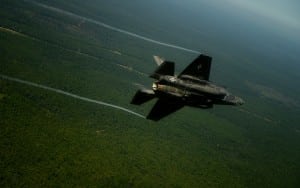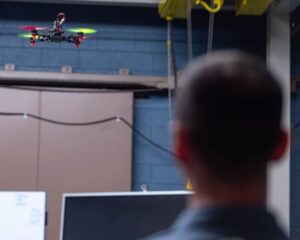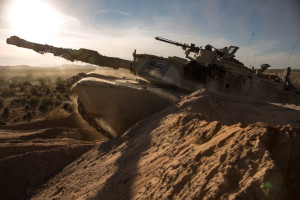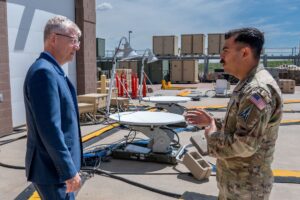
Pentagon acquisition chief Frank Kendall told lawmakers that early evidence suggests a recent F-35 engine failure was a single-engine issue, not a systemic problem–but he made clear the Defense Department needs to go through its full investigation and safety certification process before allowing the planes to fly again. The undersecretary of defense for acquisition, technology and logistics told the House Armed Services Committee Thursday at an acquisition reform hearing that DoD has inspected all the engines of in-service Joint Strike…










